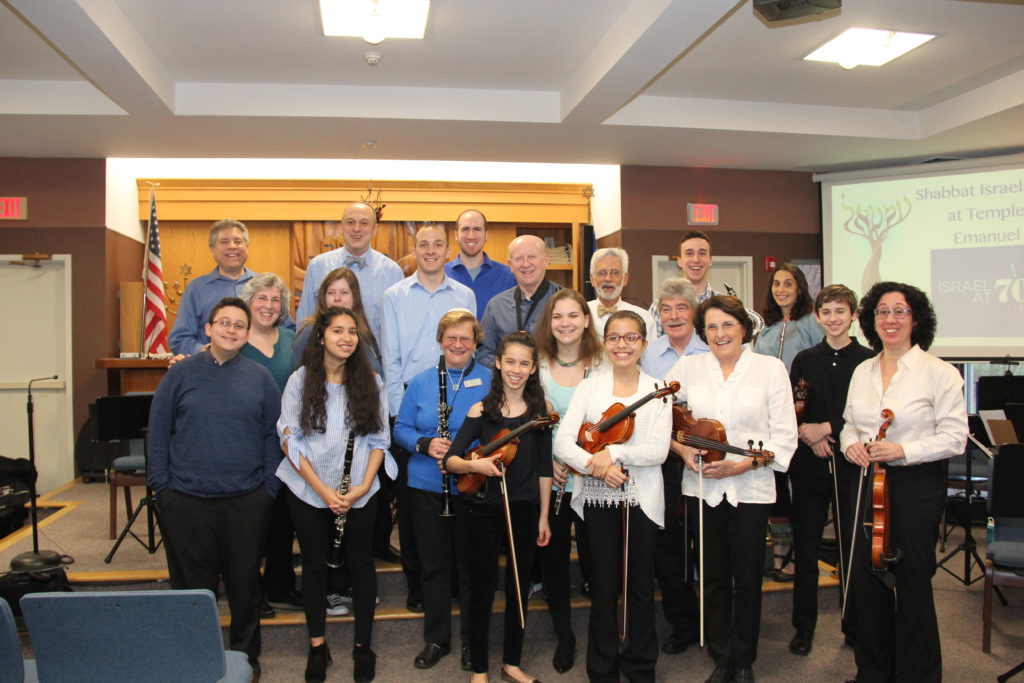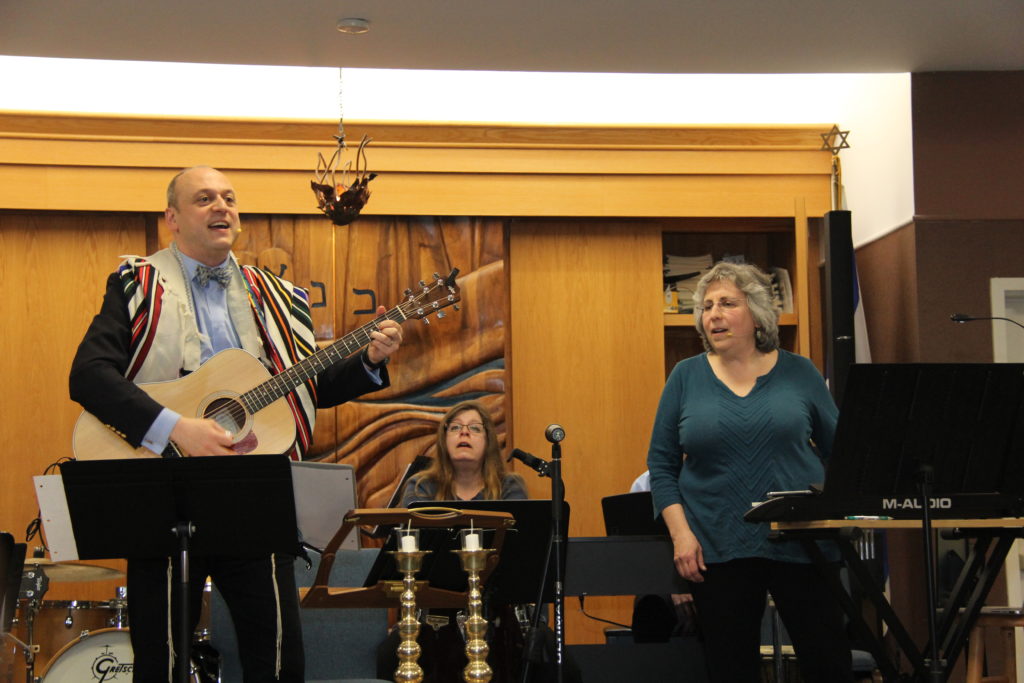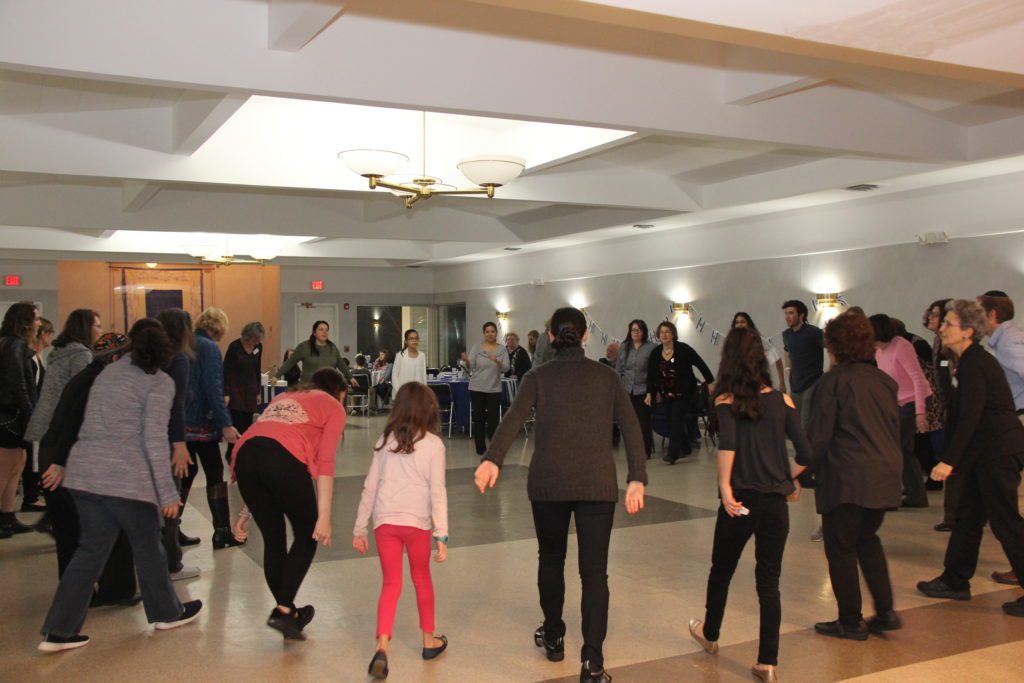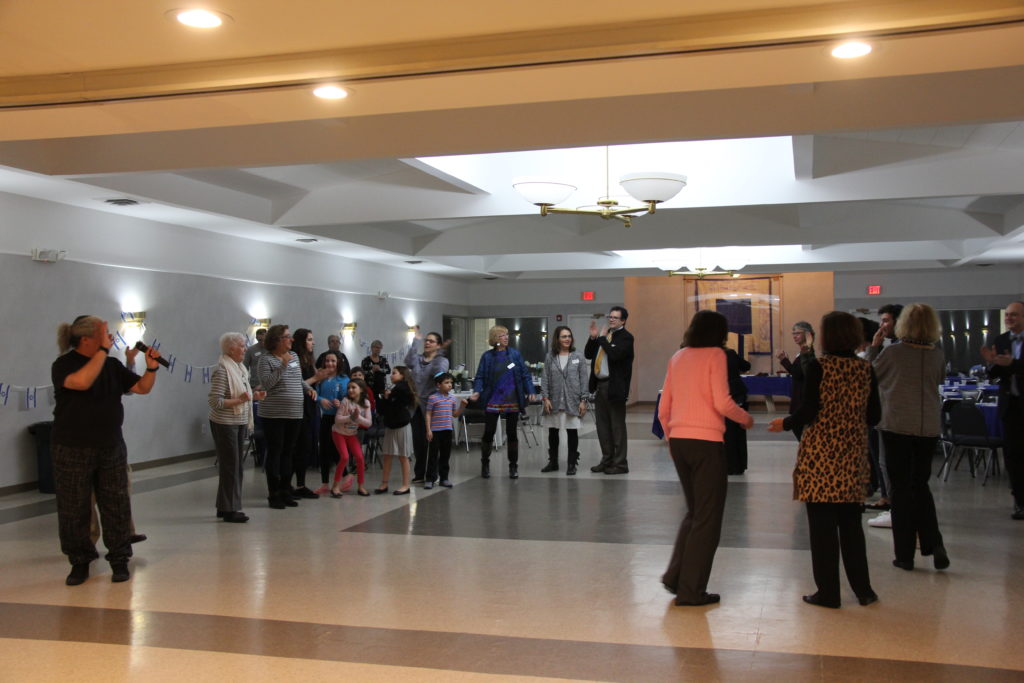Speak to the Israelite people and instruct them to make for themselves fringes (tzitzit) on the corners of their garments throughout the ages; let them attach a cord of blue to the fringe (tzitzit) at each corner. That shall be your fringe (tzitzit); look at it and recall all the commandments of Adonai and observe them, so that you do not follow your heart and eyes in your lustful urge. Thus you shall be reminded to observe all My commandments and to be holy to your God. (Numbers 15:38-40.)
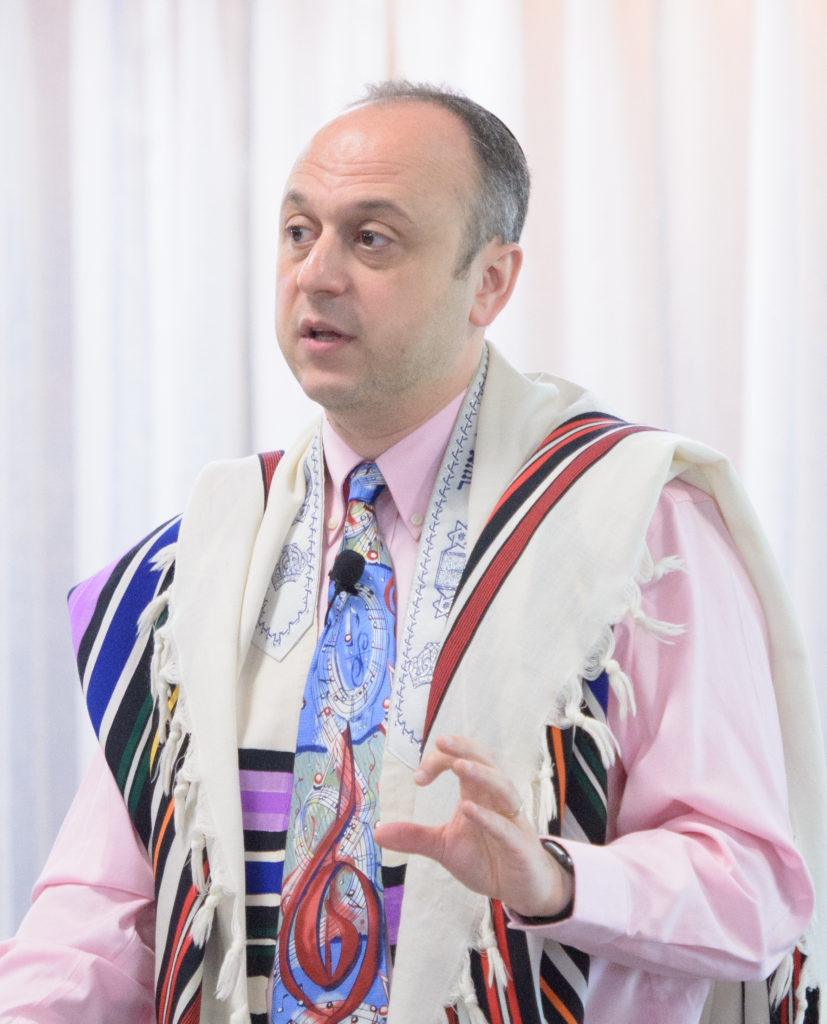
This paragraph from the Torah may be very familiar to you – or perhaps only a portion of it is. It describes the Divine commandment to wear tzitzit, or fringes, on the corners of our garments as permanent reminders to follow and observe the mitzvot, commandments of the Torah. The text in full appears as part of the third paragraph of Shema in the prayerbook, restored to full length of the text in the Mishkan Tefilah and Mishkan haNefesh from the shortened versions that have been standard in American Reform siddurim, where tzitzit was not mentioned, even though the reminder to follow God’s commandments was very much retained.
So what is tzitzit? The rabbis of the Mishnah looked for ways to define and codify what these words were referring to, and so the tzitzit that consists of strings (8) and knots (5) was designed to remind us of the 613 commandments (with Hebrew tzitzit adding up to 600 in gematria). But the knots and strings are mostly there to remind us of something bigger – Judaism, commandments/mitzvot, rituals and observance. It’s a mnemonic device, a reminder – when your eye catches it, you will remember. My teacher Rabbi Lionel Blue (alav hashalom) used to describe tying knots in the handkerchief as a child, to remember something – and tzitzit is exactly that!
In more traditional settings, Jews interpret the commandment of tzitzit as something constantly required – the ‘tallit katan’ is an undergarment that contains tzitzit and is worn at all times as part of clothing. For non-orthodox Jews the tallit, a prayer shawl, is the garment that has tzitzit attached to it, and is worn at specific ritual moments. The traditional rules of tallit specify that it is worn during the daytime hours – so usually only for the morning and afternoon services, with exception of Yom Kippur which is treated as one long day, and hence the tallit is worn for Kol Nidrei (evening service) and then for the entire day of Yom Kippur. In addition, Shaliach Tzibbur, the person leading prayer, often wears the tallit even when leading services at night – that is why you will always see me wearing a tallit on the bimah, night or day, but not if I simply attend the evening service led by others. Traditionally women are considered exempt from the mitzvah of wearing tallit, since it is considered a time-bound mitzvah – but contrary to some popular beliefs, nowhere does it prohibit women from wearing a tallit, and so the non-orthodox movements have embraced the practice of women and men wearing the tallitot as a sacred ritual.
Our ritual committee recently discussed the wearing of tallitot and kippot on the bimah at TE. It opted against creating any kind of formal policy on the matter, reflecting the long held reform tradition of informed choice. It has also decided to encourage all those coming up to the bimah, especially as part of the Torah service, to wear a tallit where appropriate. (Following a wide-spread minhag (custom), we reserve the wearing of tallit to Jewish adults, or teens who have reached the age of majority, having celebrated their bar or bat mitzvah). Tallitot have always been available by the entrance into our sanctuary, but moving forward we will also make some available right by the bimah in case you are offered a mitzvah in the service or an Aliya to the Torah. If you have never experienced wearing a tallit, please let me know and I will gladly help you recite a blessing for donning the tallit. If you own one, please bring it with you next time you sign up for an Aliya on Friday night, or when you come to Shabbat Morning minyan or a bar/bat mitzvah ceremony. Then we can chant the words of the Shema together and fulfill this ancient Jewish tradition! Let me know if you have any questions, and I look forward to seeing you on the bimah, wearing your tallit, soon!
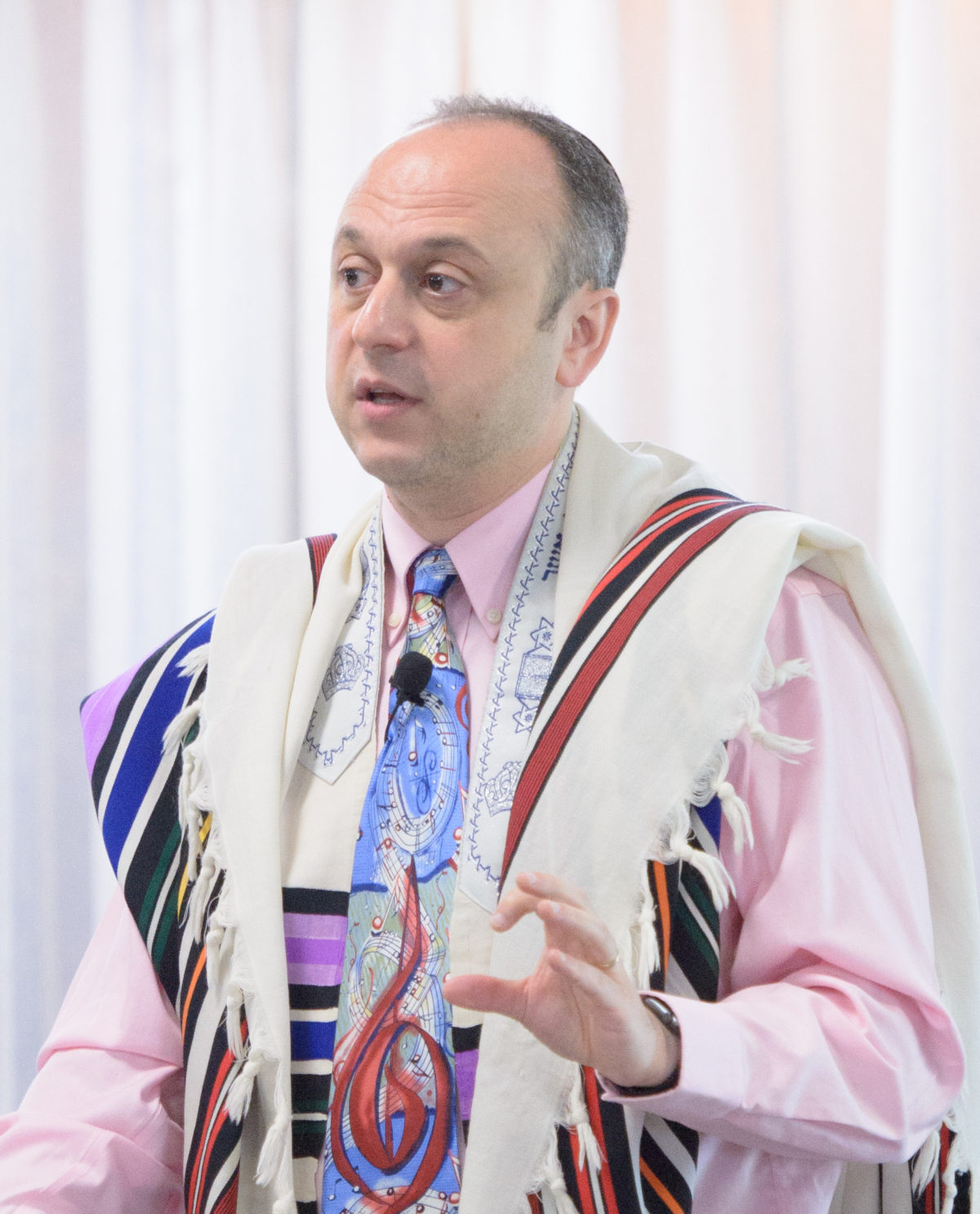
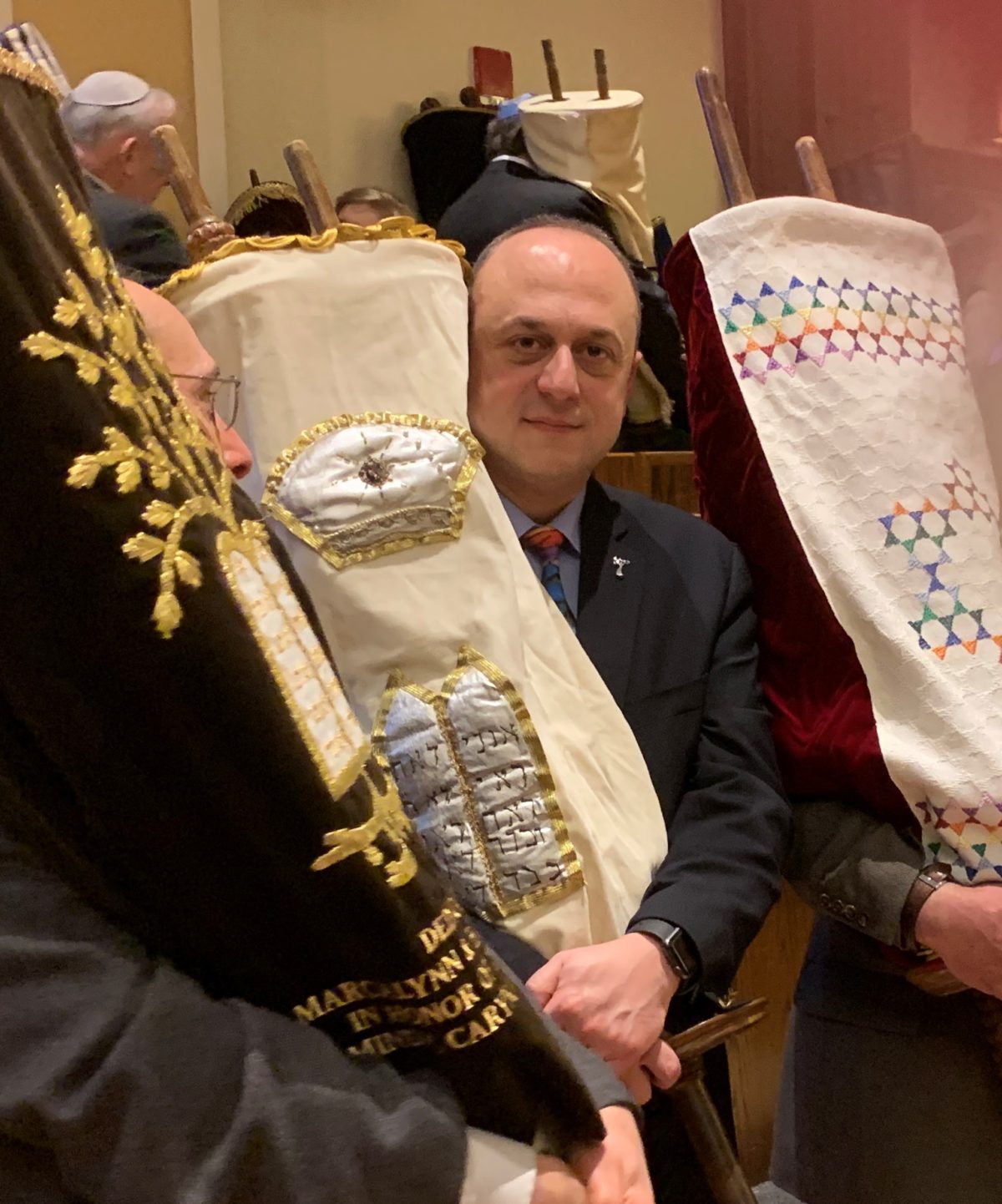
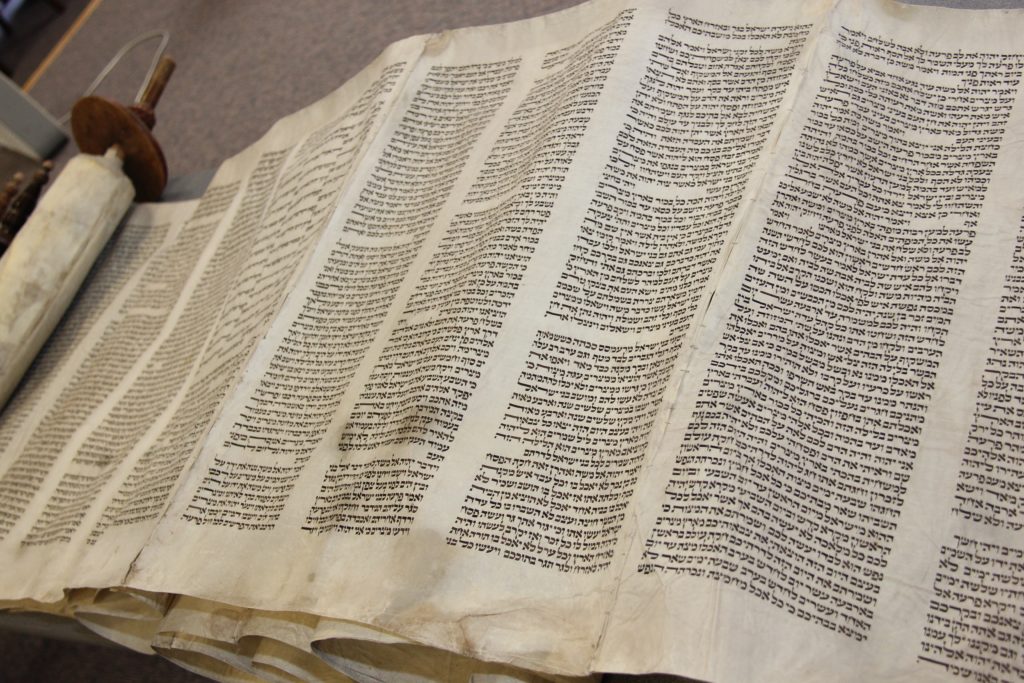
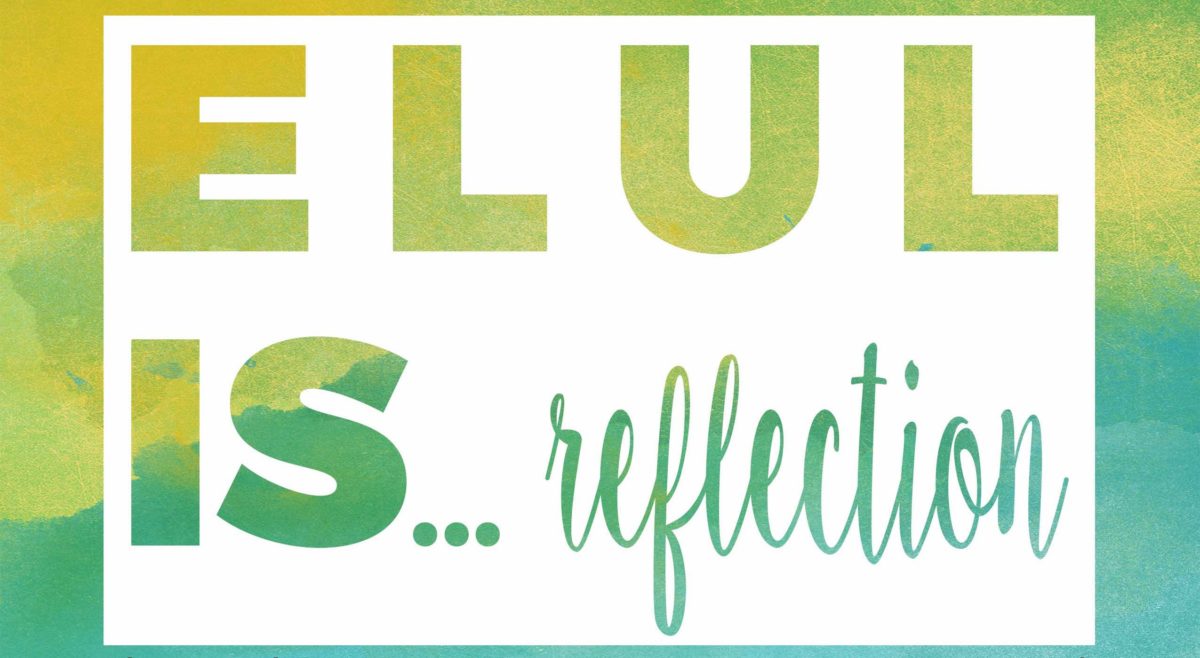
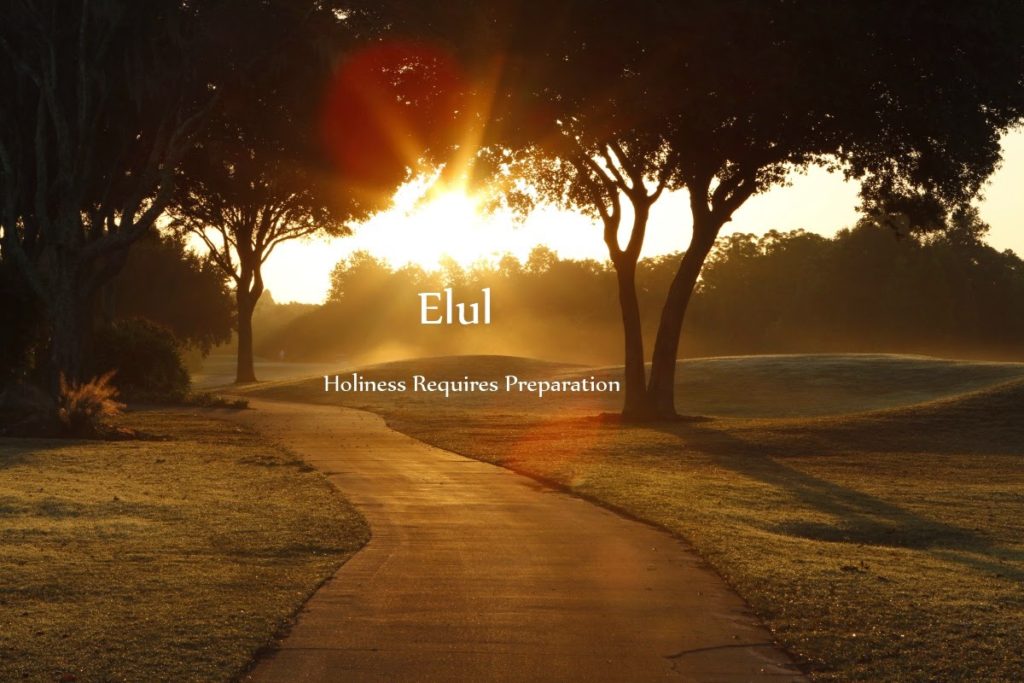
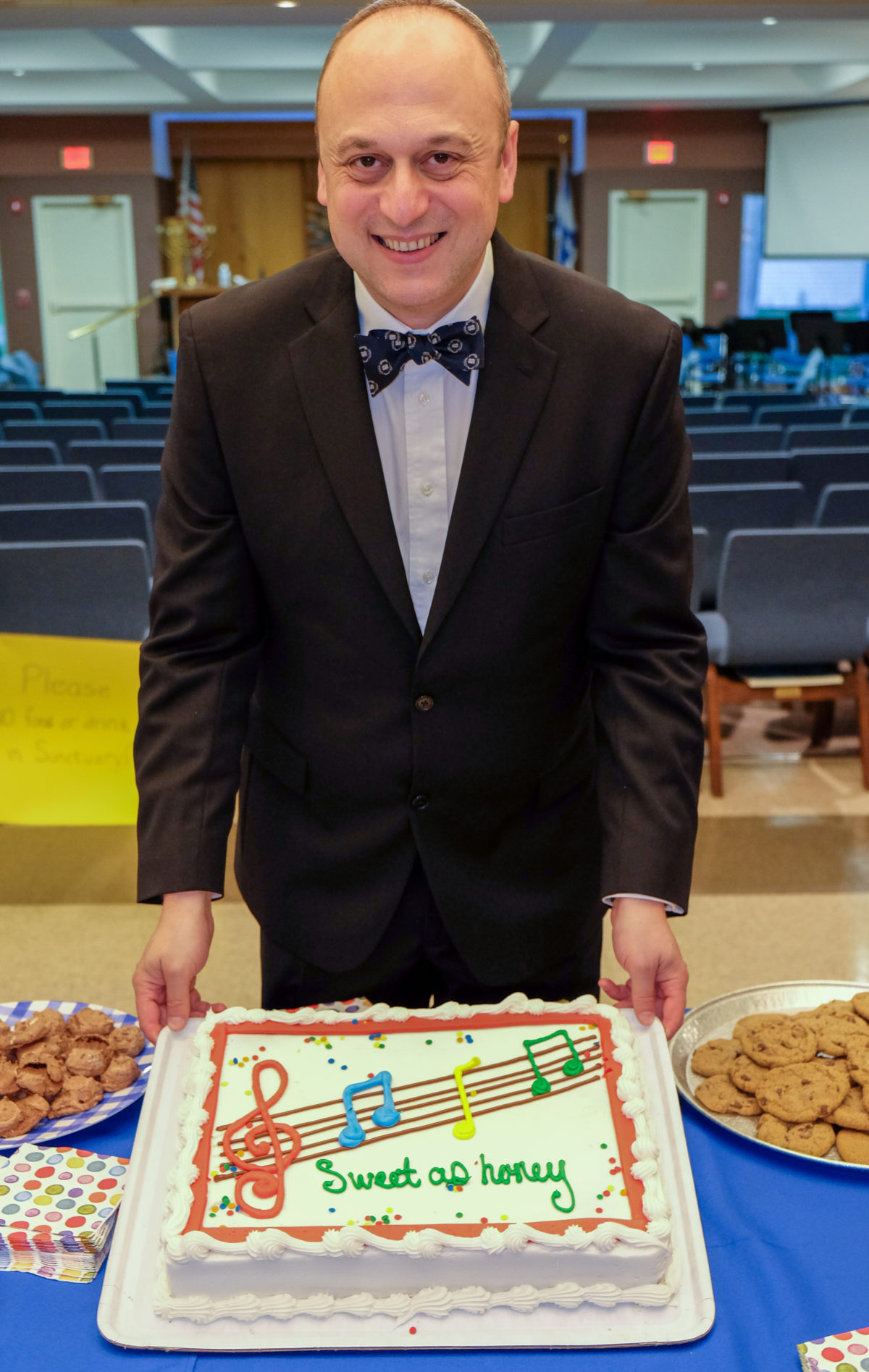
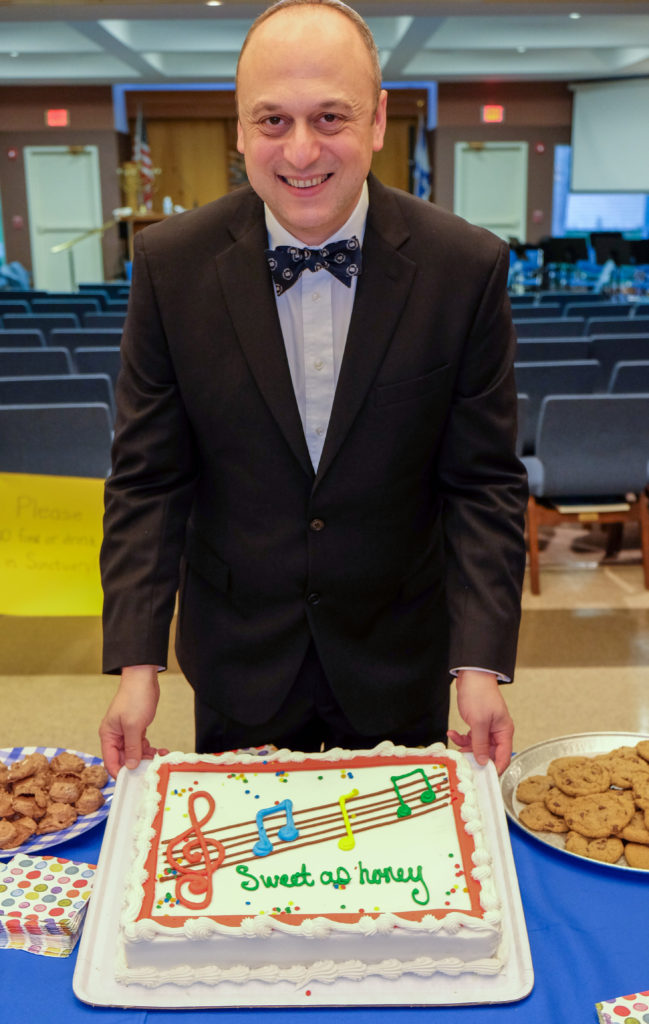
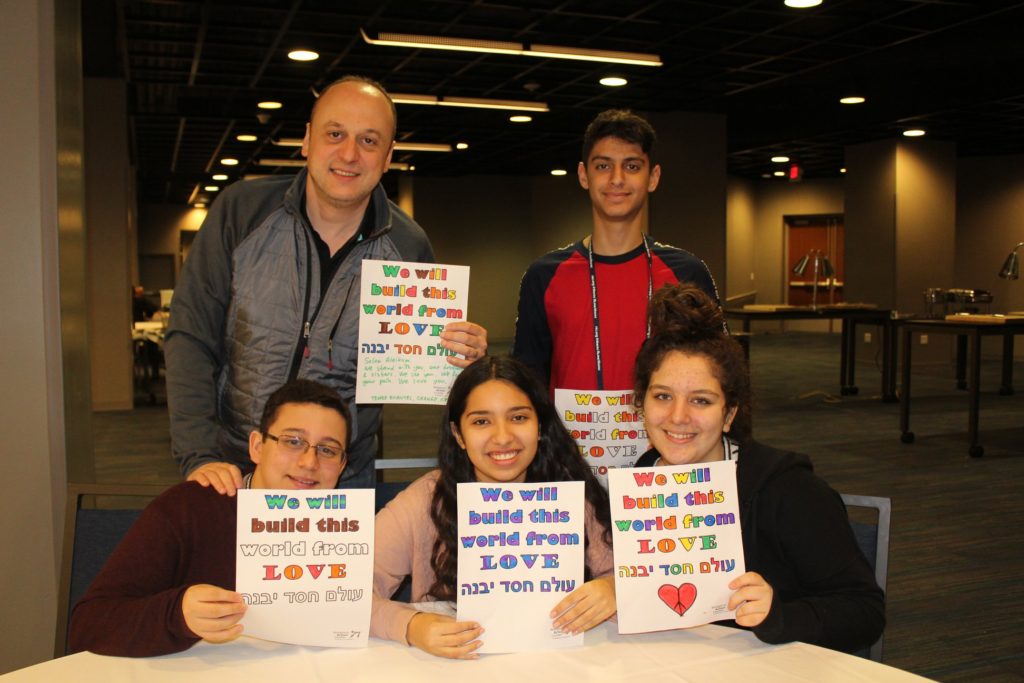
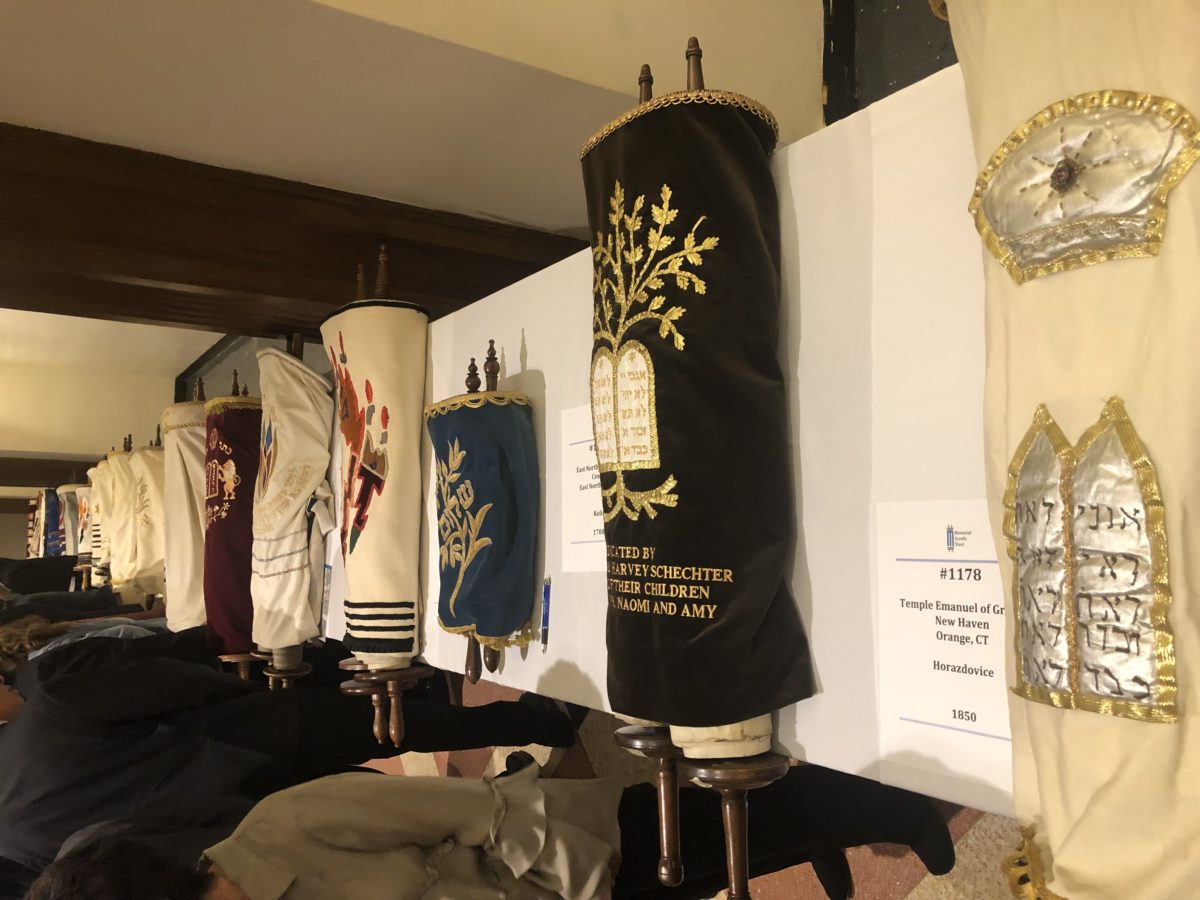
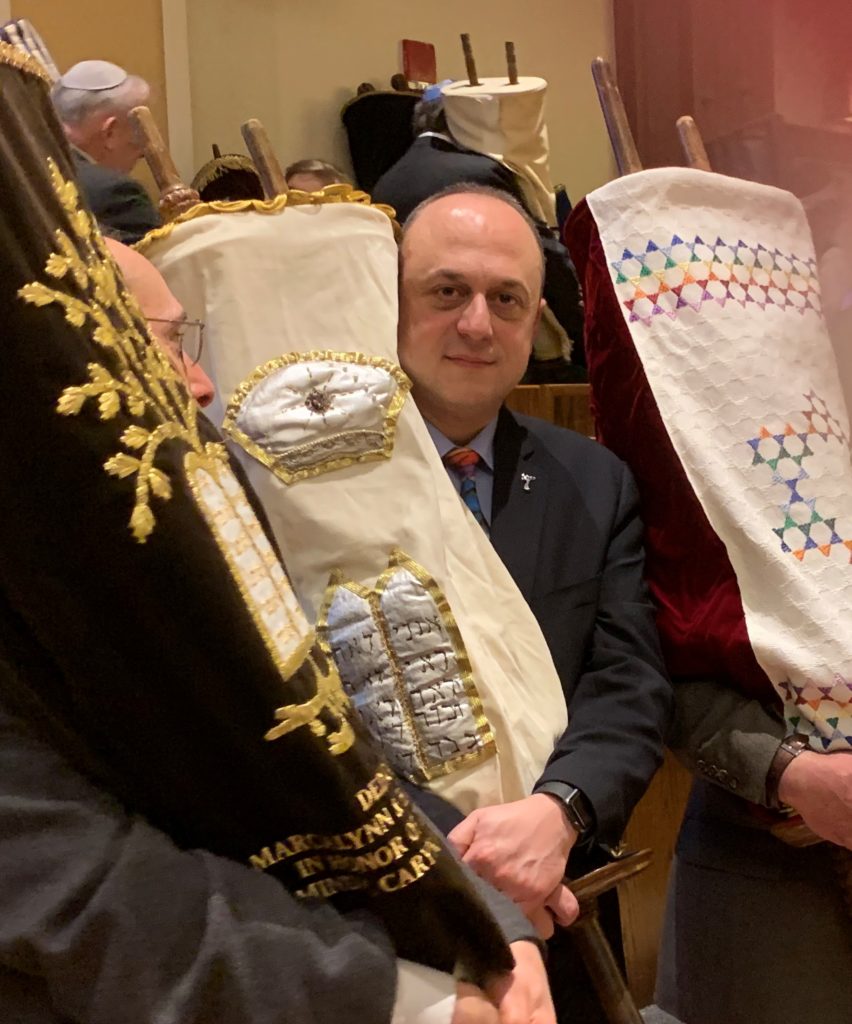
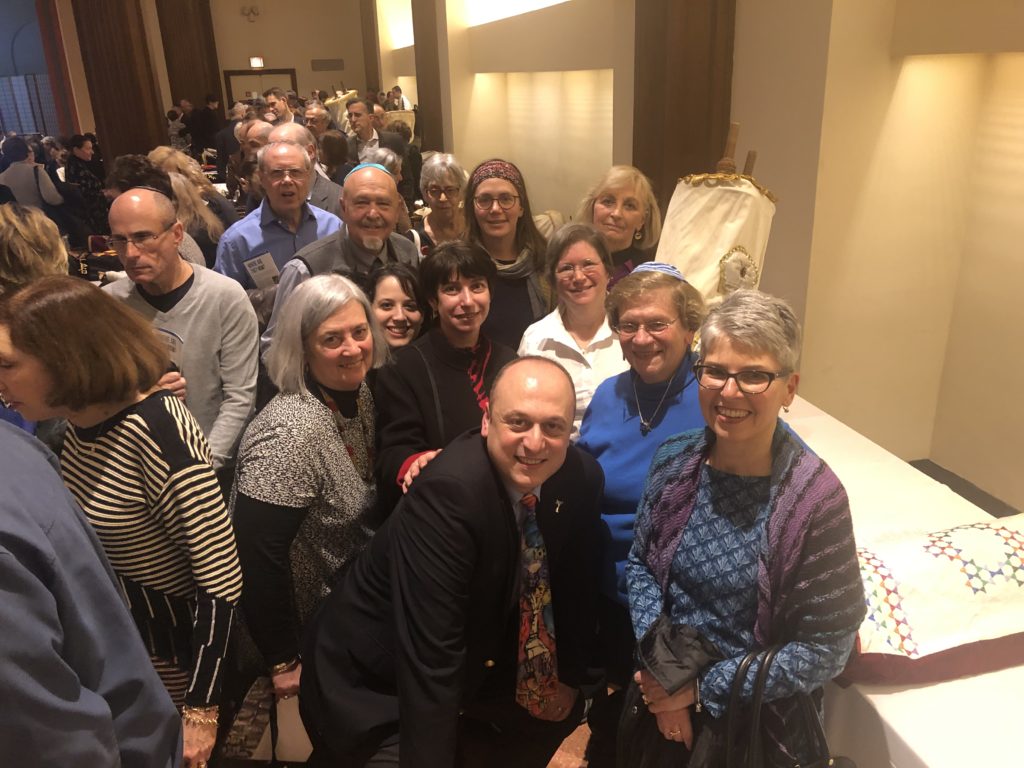

 I often take too long to write my shofar articles, waiting for the ‘right’ moment to put together words that would resonate when the new TE Shofar will reach your home. This month I was quite happy to submit my column in a timely manner, but then… Pittsburgh tragedy rocked our world, and the crafted words had to be set aside…
I often take too long to write my shofar articles, waiting for the ‘right’ moment to put together words that would resonate when the new TE Shofar will reach your home. This month I was quite happy to submit my column in a timely manner, but then… Pittsburgh tragedy rocked our world, and the crafted words had to be set aside…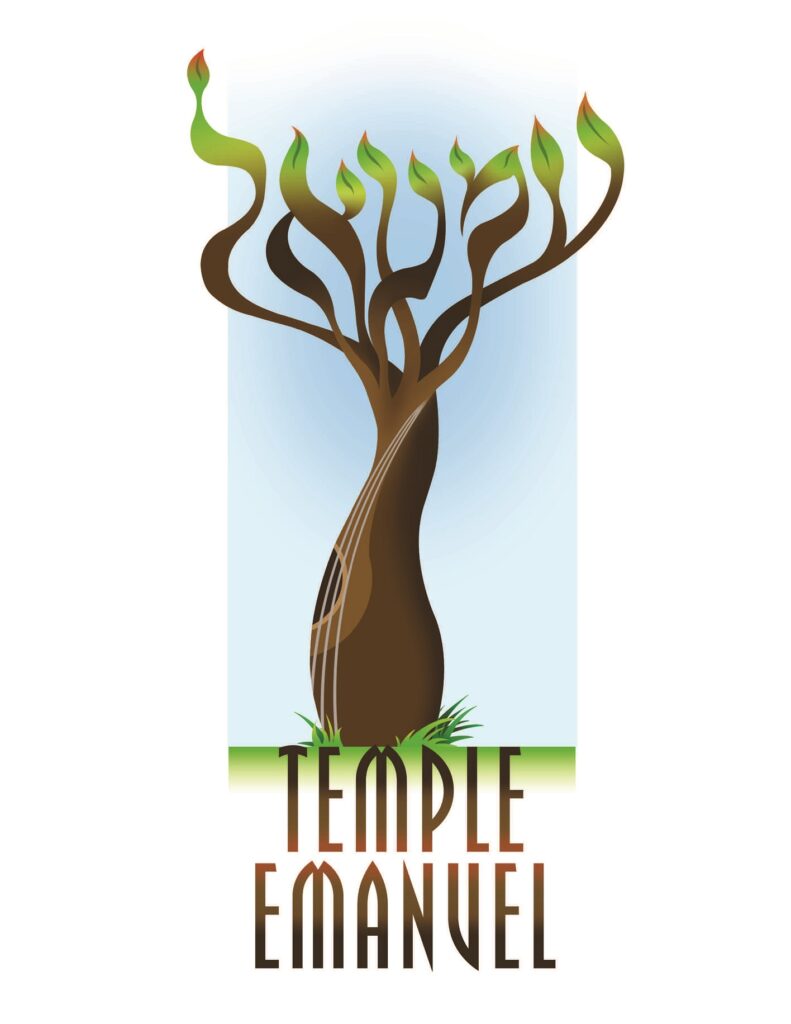
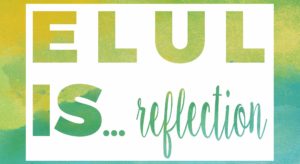 The arrival of the month of Elul in the Jewish calendar is always tinged with both excitement and sadness. The summer is beginning to wind down, and even though we may still have a few weeks of summer weather, fall is on the horizon, and with it the return of a ‘regular’ routine for many of us. Kids go back to school, commuters go back to battling the usual traffic volumes, and sooner or later the evenings become cooler as well.
The arrival of the month of Elul in the Jewish calendar is always tinged with both excitement and sadness. The summer is beginning to wind down, and even though we may still have a few weeks of summer weather, fall is on the horizon, and with it the return of a ‘regular’ routine for many of us. Kids go back to school, commuters go back to battling the usual traffic volumes, and sooner or later the evenings become cooler as well.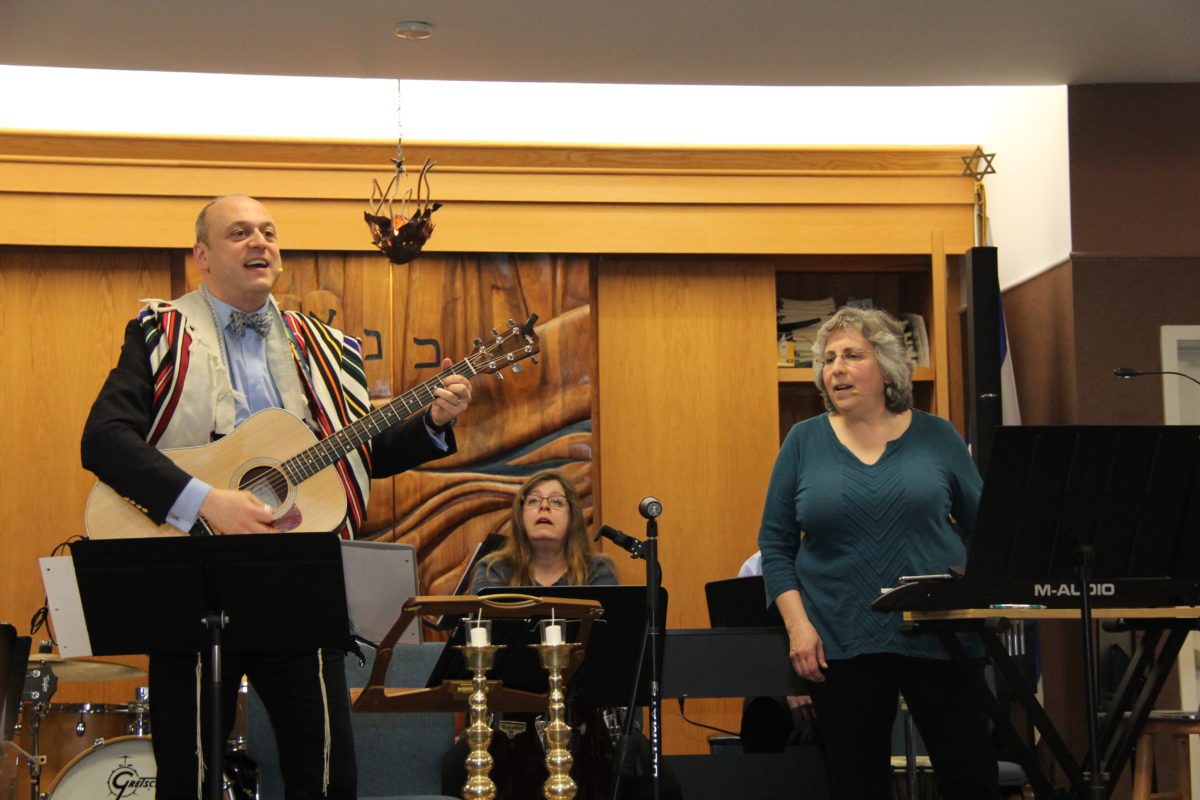
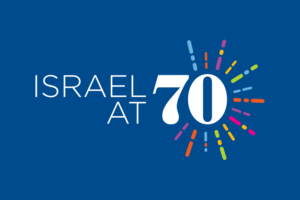 Some of us may remember the world BEFORE Israel came into being. Some of us remember when Israel became a fragile reality. Many, if not most of today’s Jews live in a world where Israel has always been there. What a powerful statement it is: for nearly two thousand years, for the first time Israel is not just a dream, but also a reality for the majority of Jews living today!
Some of us may remember the world BEFORE Israel came into being. Some of us remember when Israel became a fragile reality. Many, if not most of today’s Jews live in a world where Israel has always been there. What a powerful statement it is: for nearly two thousand years, for the first time Israel is not just a dream, but also a reality for the majority of Jews living today!